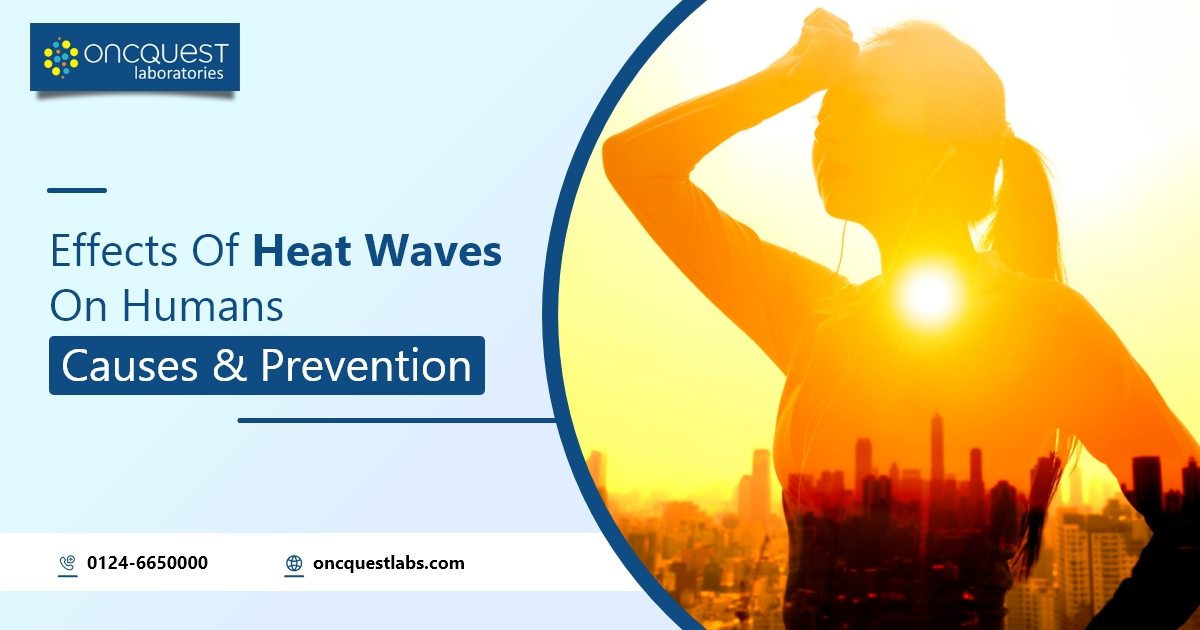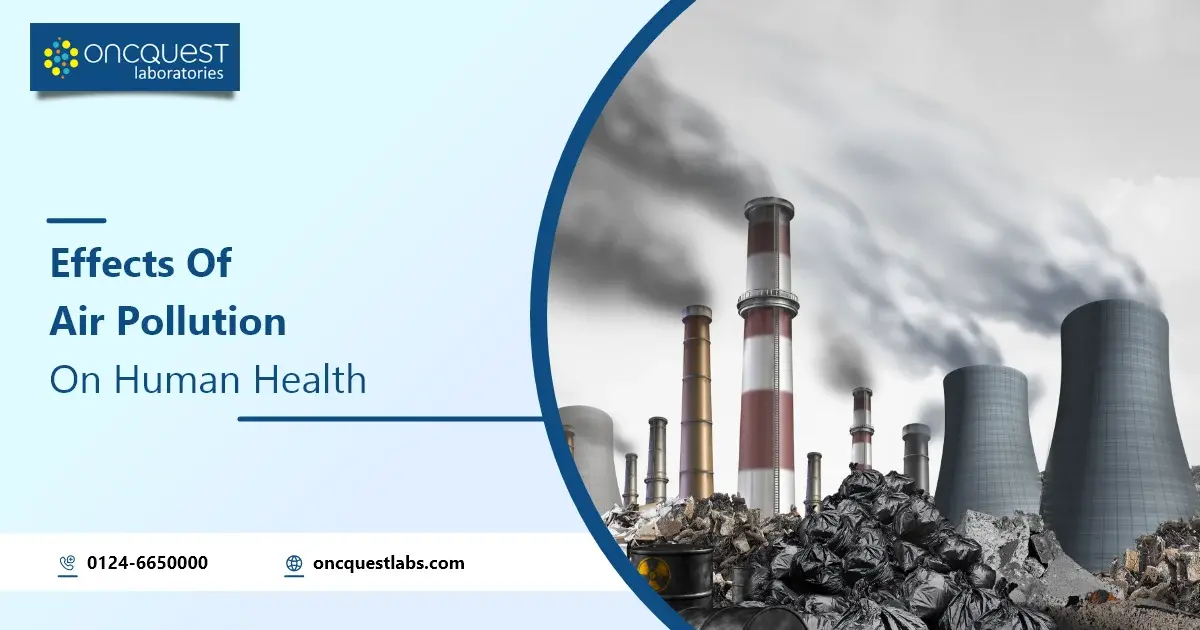Heat waves, marked by extended periods of abnormally high temperatures, are becoming more frequent and severe due to climate change. These events pose significant health risks, impacting everyone from children to the elderly and increasing the burden on healthcare systems. Understanding their effects is crucial for developing effective strategies to protect public health and mitigate economic impacts. This section explores what heat waves are and underscores the importance of addressing their far-reaching consequences.
Contents
- 1 What is Heat Wave?
- 2 Heat Wave Causes
- 3 Effects of Heat Waves on Humans
- 4 How To Prevent Heat Waves?
- 5 Conclusion
- 6 Frequently Asked Questions
- 6.1 What are the physiological effects of heat waves on the human body?
- 6.2 Who is most vulnerable to the effects of heat waves?
- 6.3 How do heat waves impact mental health?
- 6.4 What are the economic consequences of heat waves?
- 6.5 How can individuals protect themselves during a heat wave?
- 6.6 What can communities do to mitigate the impact of heat waves on human health?
What is Heat Wave?
A heat wave is a prolonged period of excessively hot weather, which may be coupled with high humidity, particularly in oceanic climates. Defined by the World Meteorological Organization, a heat wave occurs when the daily maximum temperature exceeds the average by 5 degrees Celsius (9 degrees Fahrenheit) for at least five consecutive days. These events can have significant impacts on human health, ecosystems, and infrastructure. Factors like stagnating high-pressure systems can trap warm air, exacerbating conditions. With climate change, heat waves are becoming more frequent, intense, and prolonged, raising concerns for public health and necessitating adaptive measures to mitigate their effects.
Heat Wave Causes
Heat waves are primarily caused by extended periods of high pressure in the atmosphere. These high-pressure systems, often called anticyclones, can lead to several days or even weeks of extreme heat. Here are the main causes and contributing factors to heat waves:
- High-Pressure Systems: These systems are characterized by sinking air, which compresses and warms as it descends, creating warm and dry conditions at the surface. High pressure also prevents cloud formation, allowing more sunlight to heat the ground.
- Stagnant Atmospheric Conditions: When high-pressure systems remain stationary over a region for an extended period, they can lead to prolonged hot weather, as there is no movement of air masses to mix and moderate temperatures.
- Jet Stream Changes: The jet stream, a fast-flowing air current in the upper levels of the atmosphere, can sometimes form a pattern that allows hot air to build up in certain regions. When the jet stream dips south, it can pull hot air from the equator towards higher latitudes, intensifying heat conditions.
- Urban Heat Island Effect: Urban areas can experience higher temperatures than their rural surroundings due to human activities and concentrations of infrastructure. Concrete and asphalt store heat during the day and release it slowly at night, preventing urban areas from cooling down efficiently.
- Climate Change: Increasing global temperatures due to climate change are making heat waves more frequent, severe, and prolonged. As the baseline temperatures rise, the likelihood of extreme heat conditions increases, exacerbating the intensity and duration of heat waves.
Understanding these factors is crucial for preparing and responding to heat waves, especially as they become more common in the context of ongoing global warming.
Effects of Heat Waves on Humans
Heat waves can have significant effects on human health and well-being. Here are 10 effects of heat waves on humans:
- Heat Exhaustion: This condition includes symptoms like heavy sweating, weakness, cold, pale, and clammy skin, a fast but weak pulse, and possibly fainting. It occurs as the body struggles to cool itself.
- Heat Stroke: Heat stroke is a severe medical emergency caused by the body’s failure to regulate its temperature. Symptoms include high body temperature, the absence of sweating, with hot red or flushed dry skin, rapid pulse, difficulty breathing, strange behavior, hallucinations, confusion, agitation, disorientation, seizure, and/or coma.
- Dehydration: During a heat wave, the body loses more fluid through sweat, which can lead to dehydration if not enough fluids are consumed. Dehydration can impair various body functions, leading to complications like kidney stones, urinary tract infections, and in severe cases, kidney failure.
- Worsening of Chronic Conditions: Heat can exacerbate chronic conditions such as cardiovascular, respiratory, and kidney diseases, as these conditions can alter the body’s normal responses to heat and impair its ability to cope with elevated temperatures.
- Heat Cramps: These are muscle pains or spasms—usually in the abdomen, arms, or legs—that may occur in association with strenuous activity. They result from the loss of body salts and fluid during sweating.
- Heat Rash: Also known as prickly heat, this skin irritation caused by excessive sweating during hot, humid weather can be very uncomfortable and can lead to secondary skin infections.
- Sleep Disturbances: High nighttime temperatures can disrupt sleep patterns, reducing sleep quality and duration. This lack of sleep can lead to increased stress and decreased mental performance.
- Mental Health Impacts: Heat waves can increase stress, anxiety, and other mental health issues. They can also limit social interaction as people stay indoors to avoid the heat, potentially leading to feelings of isolation and depression.
- Increased Risk of Infections: Warmer temperatures and higher humidity can increase the growth and spread of pathogens. This includes foodborne illnesses, as bacteria proliferate faster in warmer conditions.
- Economic Effects: While not a direct health impact, heat waves can indirectly affect health by straining economic resources. High temperatures can lead to reduced working hours, especially in outdoor and unconditioned environments, impacting livelihoods and access to necessities.
Understanding and mitigating these effects through public health measures and personal precautions is crucial, especially as heat waves become more frequent and intense with climate change.
How To Prevent Heat Waves?
Preventing heat waves as natural phenomena is not possible, as they are part of broader weather and climate patterns. However, mitigating their frequency and intensity is achievable by addressing the underlying cause of global warming. Here are several strategies to help mitigate the effects of heat waves:
- Reduce Greenhouse Gas Emissions: Lowering emissions from vehicles, power plants, and other sources can slow global warming, thereby potentially reducing the frequency of extreme heat events.
- Increase Renewable Energy Use: Shifting to renewable energy sources like solar, wind, and hydroelectric power reduces dependence on fossil fuels, which contribute to global warming.
- Enhance Urban Planning: Incorporating green roofs, reflective materials on buildings and roads, and more green spaces can help reduce urban heat islands, where cities become significantly warmer than their rural surroundings.
- Promote Energy Efficiency: Improving the energy efficiency of homes, buildings, and industries can reduce the overall carbon footprint, contributing to a cooler planet.
- Forest Management and Reforestation: Maintaining healthy forests and reforesting areas can capture carbon dioxide, a significant greenhouse gas, and contribute to a cooler global climate.
- Educate and Raise Awareness: Educating the public about the impacts of climate change and the importance of sustainable practices can drive community-level action towards global warming mitigation.
By focusing on these long-term strategies and promoting sustainable development, societies can work towards reducing the severity and possibly the frequency of heat waves in the future.
Conclusion
In conclusion, the effects of heat waves on human health are profound and multifaceted, ranging from mild conditions like heat rash and dehydration to severe and potentially fatal conditions such as heatstroke. With rising global temperatures, it is increasingly important to understand these impacts and take proactive measures to protect oneself and the community. Effective strategies include staying hydrated, wearing appropriate clothing, limiting outdoor activities, and using air conditioning. Additionally, staying informed about weather forecasts and heat alerts can help everyone be better prepared. As heat waves become more frequent due to climate change, adopting these preventive measures will be crucial for maintaining health and well-being during extreme heat events.
Frequently Asked Questions
What are the physiological effects of heat waves on the human body?
Heat waves can lead to dehydration, heat exhaustion, and heatstroke. These conditions result from prolonged exposure to high temperatures, leading to an imbalance in the body’s ability to regulate heat.
Who is most vulnerable to the effects of heat waves?
Vulnerable populations include the elderly, infants, young children, and individuals with pre-existing health conditions such as heart disease or respiratory illnesses. These groups may have a reduced ability to regulate body temperature or may be less able to access cooling resources.
How do heat waves impact mental health?
Heat waves can increase stress, anxiety, and irritability. High temperatures can also disrupt sleep patterns and cognitive function, leading to difficulties in concentration and decision-making.
What are the economic consequences of heat waves?
Heat waves can result in increased healthcare costs due to heat-related illnesses and hospitalizations. Additionally, lost productivity may occur as people are unable to work in extreme heat. Agriculture and food security can also be affected by heat stress on crops and livestock.
How can individuals protect themselves during a heat wave?
It’s important to stay hydrated, avoid prolonged exposure to the sun during peak hours, and seek out air-conditioned spaces if possible. Wearing lightweight, loose-fitting clothing and using fans or cooling devices can also help mitigate the effects of heat.
What can communities do to mitigate the impact of heat waves on human health?
Communities can implement heatwave early warning systems to alert residents to impending extreme heat events. Providing access to cooling centers, especially for vulnerable populations, and implementing urban planning strategies such as increasing green spaces and shade can also help reduce the impact of heat waves on human health.





